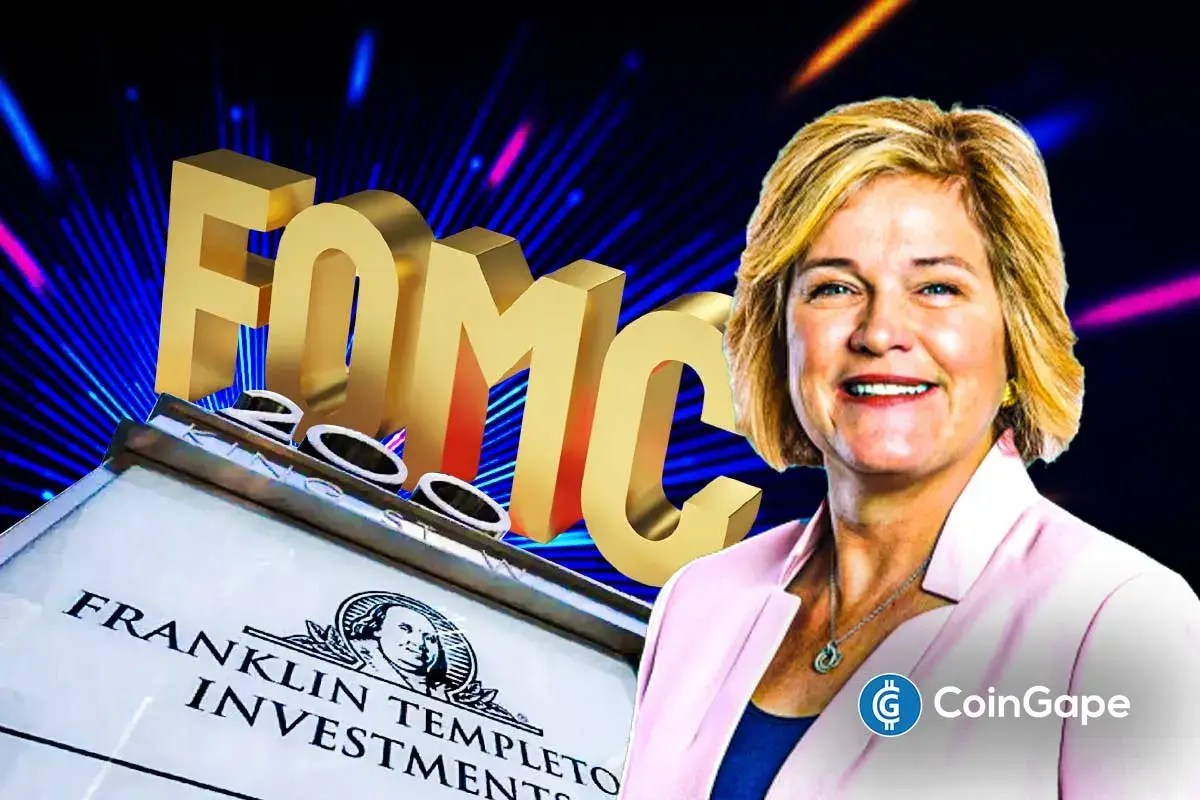Why Small Models Matter in a Network of Experts Era
Innovation is about dreaming big. Dream next-level. Challenge the norm, or even the emergent. 2025 is exciting for AI, but it is still all transitional technology. Mixture of Experts (MoE) and Model Context Protocol (MCP) are great, and we see how well it works, especially with the quality and disruption of models like DeepSeek, Kimi K2, and GLM 4.5.
Lets talk about a next-gen expansion of the concepts that are working well today. By applying the concepts of MoE and applying them in an API-connected landscape, we can end up with the concept of a Network of Experts. Both large models and Small Language Models (SLM) can be networked and orchestrated by pipelines, workflows, automation frameworks and more, starting out with existing infrastructure and technology for trust.
Ok, like anybody painting a tapestry of “what-ifs” and “wish-we-had’s” — there are a lot of hurdles, and plenty of potential benefits. Right now, we have a LLM weapons war going on, where companies (and countries) are vying for domination. The to control the AI consumer market won’t last long in its current form, and we need to find a way to utilize the big players while also enabling SMEs to play in the same economy. We need to create a better way to encourage innovation, not silly marketing stunts and break-neck releases meant to drive social attention and just confuse end users. Innovation needs to focus on what is missing from AI, moves toward cognition instead of mega scaling yesterday’s word sequence models, and instead of narrowing choices of which individual vendor to use for everything.
Small models (language, and cognitive) with strong domain expertise can participate in a Network of Experts (NoE) ecosystem as first class citizens, enabling a robust economy of choice, where the whole industry can get back to innovation in verticals. APIs as Gateways to expertise play a crucial role in exposing a Network of Experts architecture, enabling seamless integration of diverse expert models. For instance, legal or medical experts can be accessed via APIs, allowing developers to incorporate specialized knowledge into applications without reinventing the wheel. API use could be metered, much like utility APIs are already tooled to do today. This is not altogether different than the way some commercial amazon instances are run, though I envision that could be a wider use, not limited to just one marketplace.
Role of Small Models
Small models thrive in this ecosystem by focusing on specific domains. Their specialization reduces resource usage and enhances accuracy, as each model excels within its area of expertise. Small cognitive models may rely or work with the same domain’s small language models to offer vertical experitise.
Challenges: Latency and Security
Latency emerges as a challenge when multiple experts are accessed via APIs. Solutions include caching, parallel processing, and optimized API calls to mitigate delays. Services for cross-network logging, debugging, tracing would all be needed. Sensitive data exposure risks would likely drive healthy governance and controls to keep up with compliance regulations. A distributed network of models will never perform as well as a self contained model. The point is that quality and integrity of the entirety of a model scope shouldn’t be left in the control of a single organization.
Ensuring Trustworthiness
Building trust involves validating each expert’s reliability and quality of service, through routine testing, like Llama’s leaderboards, strong network availability configurations, and perhaps even reputation frameworks. These mechanisms ensure that the network remains credible and dependable, yet adaptable in case of inavailability.
Real-World Applications
This approach finds application in personalized healthcare, tailored legal or financial advice, and domain-specific areas too numerous to list. Each scenario benefits from specialized expertise delivered efficiently via SLM vendors.
The Network of Experts concept offers a promising future with enhanced accuracy, trust, and personalized solutions. While challenges like latency and security persist, ongoing innovations hold the promise of overcoming these hurdles, paving the way for more effective AI applications.
Feasibility
What do you think? What is missing in this approach? What new values could this bring to market? We have a great opportunity for a new boom in innovation with this model. I have personally already worked with these concepts for a POC app, and would be happy to discuss further.
\
You May Also Like

Franklin Templeton CEO Dismisses 50bps Rate Cut Ahead FOMC

Crypto’s real boom is happening in Argentina, Nigeria, and the Philippines
